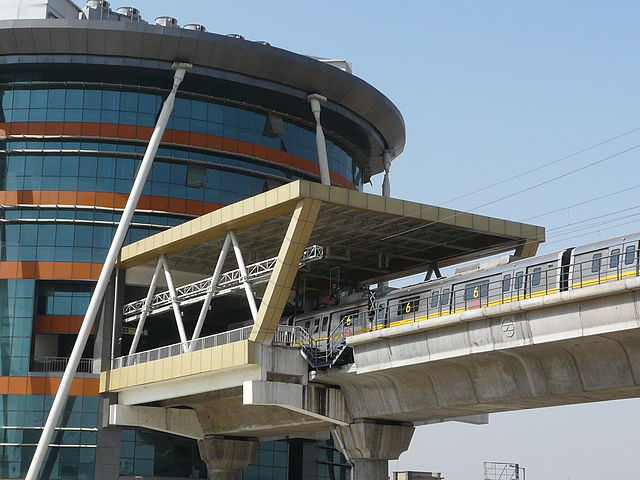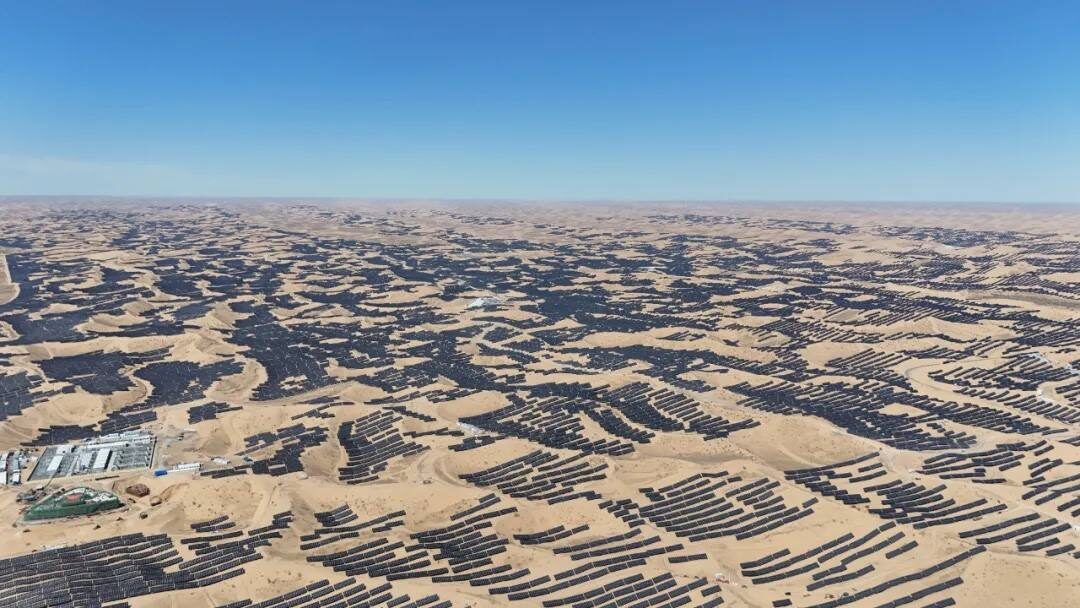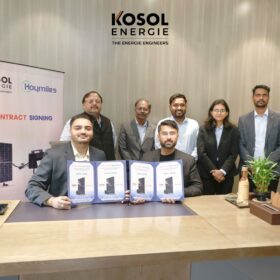Located in the central Indian state of Madhya Pradesh and operated by Rewa Ultra Mega Solar Ltd, it is the first solar project in the country to supply power to an inter-state open access customer.
Delhi Metro Rail Corporation (DMRC) will purchase 24% of the project’s electricity generation, while the state discoms will receive the remaining 76%, according to a statement released by state run Madhya Pradesh Urja Vikas Nigam Ltd (MPUVNL).
Spread over 1,590 acres, the Rewa plant is India’s first and, to date, only solar project to receive funding from the Clean Technology Fund, available at a rate of 0.25% for a 40-year period. It is also the first and the only solar park in India to obtain a concessional loan from the World Bank.
The Ministry of Power granted the status of Regional Generating Station to the project, which was developed by Mahindra Renewables, ACME Solar Holdings and Solengeri Power, which emerged as the bid winners for the three project units.
The project will supply environmentally-friendly power to the state at an extremely low rate of Rs 2.97 per unit, which is even less than its average power procurement cost, the statement continued.
“This opens up an entirely new chapter in utilisation of renewable energy in the country, where large institutional open access consumers can start procuring it inexpensively. The commissioning of this project will potentially result in a saving of Rs 4,600 crore to state discoms and Rs 1,400 crore to DMRC over its project life,” read the statement.
“The bidding for the project was conducted online for as long as the bidders were interested – 33 hours without stop. The project made possible an investment of over Rs 4,000 crore in the state and has started producing power in merely 17 months from the historical bidding in February 2017,” commented Madhya Pradesh Chief Minister, Shivraj Singh Chouhan.
The environmental impact of the mega Rewa project is equivalent to planting 2.6 crore trees and would lead to avoiding 15.4 lakh tonnes of carbon dioxide generation every year.
This content is protected by copyright and may not be reused. If you want to cooperate with us and would like to reuse some of our content, please contact: editors@pv-magazine.com.








Dear Preetivermalal
Namaksra.
Thanks for the news cover on 750 MW REVA project commissioning.
May I seek the following input to throw light on :
1. How much quantity of water is required to clean the PV panels spread in 1590 acres and how frequently the PV panels are cleaned I.e cost of water per litre
2. How much of public money is spent on creating water bodies or water facilities for this solar project of 1590 acres.
3. How much money of public is spent on transmission and evacuation.
4. How much of public money was spent on creating Roads and other infrastructure.
5. How many jobs created for 750 MW vis a vis the total subsidy or public money support given including the land subsidy, if any.
Appreciate an early reply.
Regards
Praveen Kulkarni,
Chairman
KK NESAR PROJECTS PVT LTD
http://www.kknesar.com
Vadodara
For all mega size projects water less automatic cleaning systems are used .
These are remote controlled & use micro fibre brushes with air jet for cleaning.
I think at REVA – 750 also they must be employing the similar
method for PV panel cleaning.